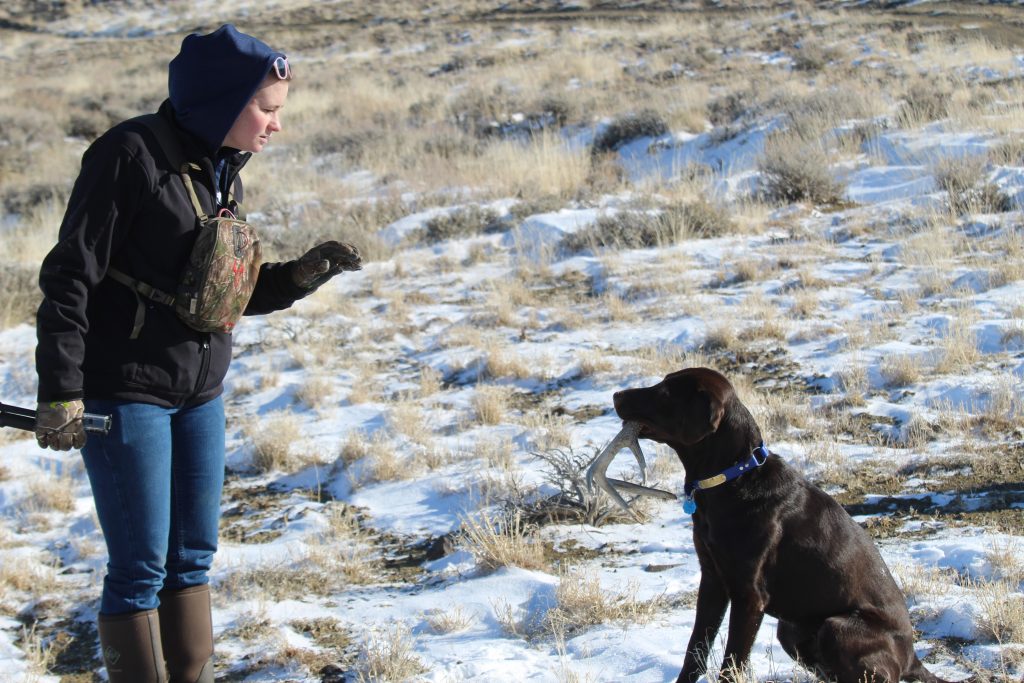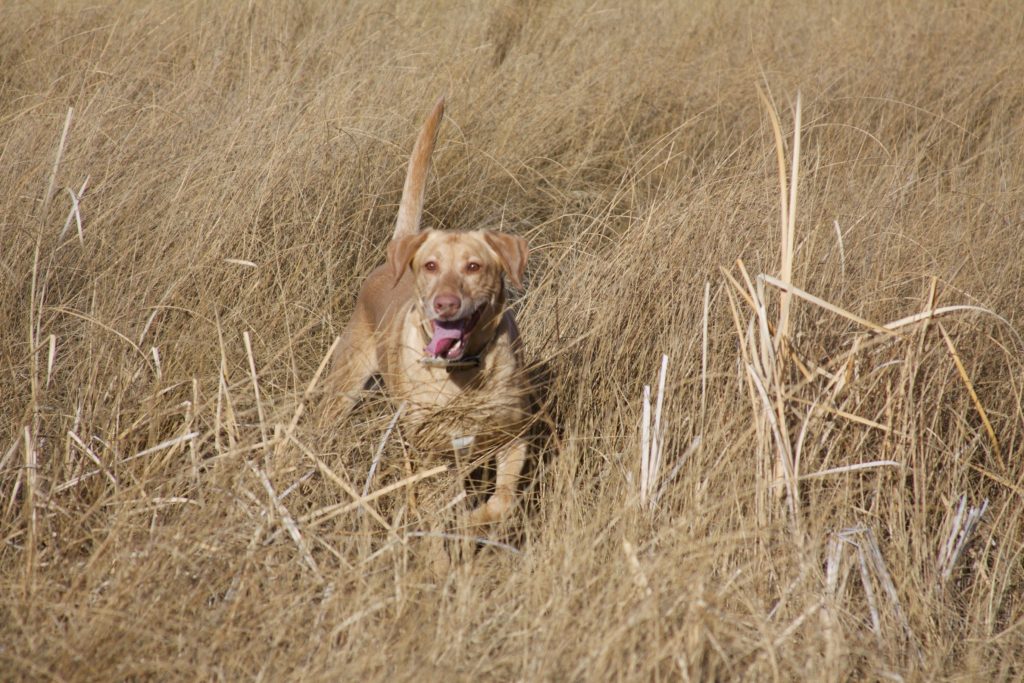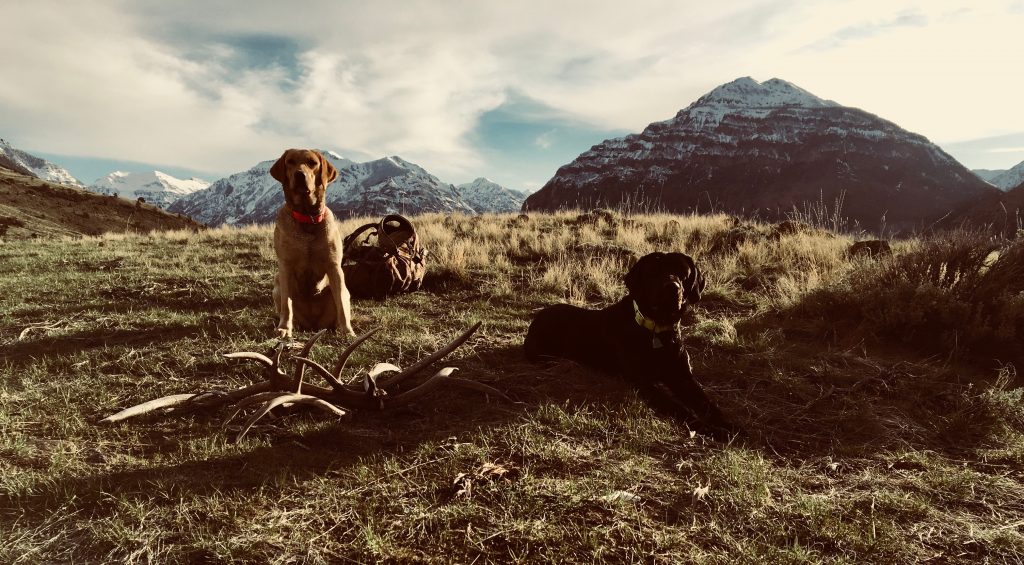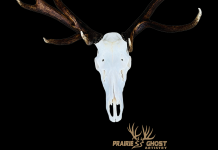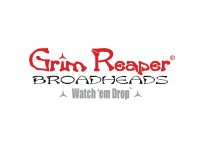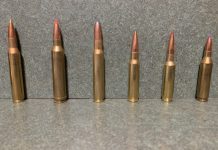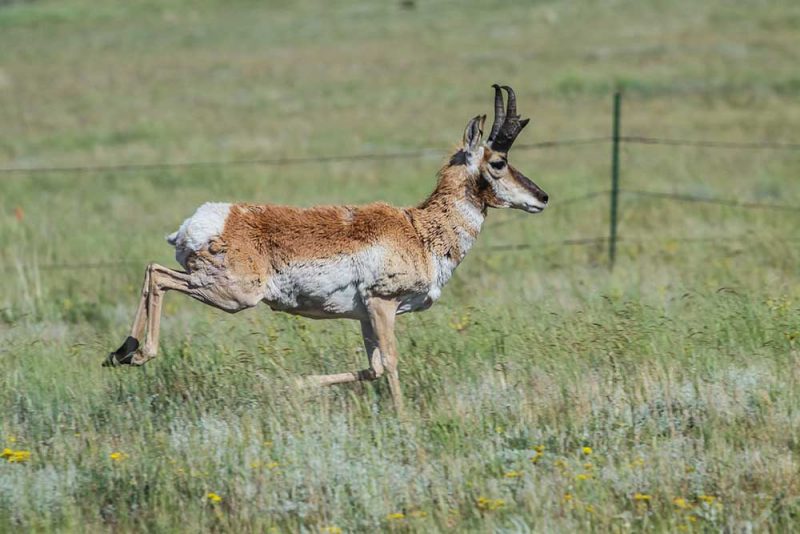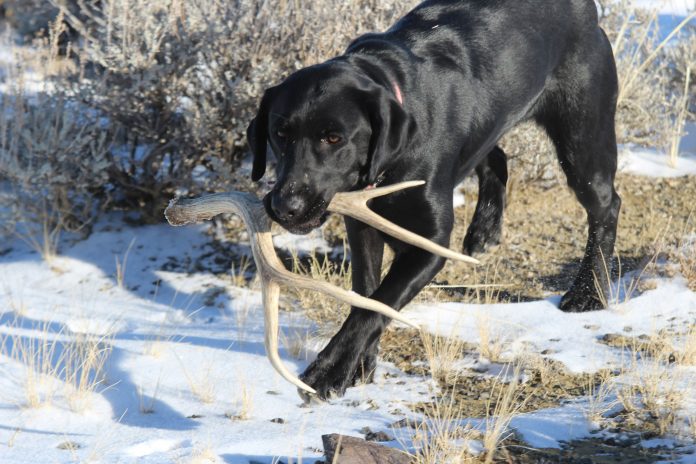
Hunting Dogs
I could talk hunting dogs all day. At least once a week I receive a text message with questions about pup training or frustrations of a dog not performing or behaving. Without fail, each reply I send turns in to a long-winded novel. Generally answering the questions or giving suggestions for problem pup – then diving into a completely different realm of the training – or as I like to call it – pup coaching arena.
My much better half of two-plus decades (that is roughly 154 in dog years) has hidden facial expressions and patiently sat through countless conversations when we are out and about, and someone grabs me by the collar to talk dog. I’m pretty sure my passion for the hunting dog lifestyle is trumped only to her and our three children.
While scripting a text today about a pup frustrating her owner by playing keep away with bumper during retrieving training, I thought to myself, “how often have I typed in text these exact words?” In fact, how many subjects have I typed out multiple times through the years of retriever raising and training? I’m quite positive it’s double digits when it comes to the Labrador Retriever who slays the sheds in his or her owner’s back yard – but loses focus once they hit the high country or river bottom during the actual shed season (remediation for both problems to come in future articles).
DIY Training
It was then the idea for a series of articles directed towards the do-it-yourself trainer was born. And, not necessarily just training tidbits and tricks. There are countless training guides, DVDs, websites, blogs, etc. out there. Quite frankly, one can only reinvent the wheel so many times. What I am thinking is more direct prescriptions to “training gone wrong” situations. When your dog doesn’t behave in a similar fashion as the pup modeled in the book you are reading or the DVD you are watching.
However, before branching into the “roll your sleeves up” job of working with a pup, there are a number of “up front” discussion points. You want to do your homework. You want to have a game plan. All critical pieces before purchasing a puppy.
Research
Now, you can find advertisements for pups in countless online forums, printed media and even bulletin boards at local feed stores. You will find the price of a seven or eight-week-old pup to range from fifty dollars to well over two thousand. What is the reasoning for the major price differentials, and what exactly is it that you need?
First and foremost, just because an advertisement says, Labrador Retriever, it does not guarantee you a hunting dog. The ability to retrieve, intelligence and prey drive are all natural God-given talents that cannot be taught. Generations of dogs that do not possess these talents bred together create sweet dogs that are loyal family members and great pals, but they’ll never flush a bird, pick up a shed or retrieve you a duck.
When looking at a litter of pups, it is important that you look through their lineage with a working understanding of the acronyms you will find (or, just as telling, not find). There are a number of hunt tests and field trials that test the ability of a hunting dog. When a dog performs to standard for a number of passes, the dog is awarded a title. Examples of titles: MH – Master Hunter – AKC. HRCH – Hunter Retriever Champion – UKC. MPR – Master Point Retriever – APLA. These titles (there are several more than listed) are associated with set benchmarks that a dog must accomplish. If you know benchmark specifics, you will have a basic understanding of mom and dad’s skill sets and abilities.
When unable to see the pedigree or if you are working with a breeder that has reputable dogs that is unable to compete in trials or hunt tests for whatever reason (so acronyms are not available in the pedigree), ask to see mom and dad run. If mom and dad show tremendous prey drive, natural retrieving and swimming abilities and are alert with their attention to the handler – pups should have these traits as well.
Early Signs
Additionally, pups at five to six weeks old should start showing signs of these qualities. A reputable breeder will be socializing pups, introducing them to scents and will start pups retrieving. When you visit the litter, do pups look alert? Are their heads up looking at you, responding to anything you say or do? Do they demonstrate prey drive when you drag a bumper or bird wing across the floor in front of them? Are they retrieving?
Bottom line, a pup either has it or they don’t and that is something they show at a very young age. Remember, as stated earlier, these are natural abilities that cannot be taught.
A litter doesn’t have to be specific to your wants as a hunter. If you are looking for a dog to pheasant hunt and pick up sheds for you in the offseason, you can buy a pup from a reputable breeder known for producing waterfowl hunters out of a duck blind. This is about athleticism and intelligence, not a specific job description.
Health Certifications
Next, and of equal importance is health certifications of mom and dad. Training your hunting partner takes a significant amount of time, effort, and resources. The last thing you want to do is commit all three to a dog you only get to hunt for a handful of years.
Irresponsible breeders have created many health challenges for hunting dogs. When looking for your next partner, the main tests to ask about are hips and elbows (tested by Orthopedic Foundation for Animals), eyes (CERF Exam), and DNA tests – Centronuclear Myopathy (CNM) and Exercise-Induced Collapse (EIC).
When asking, you want visual proof. The breeder should have actual certifications and DNA test results with mom and dad’s registered name. As well as registration number associated with each. The breeder should also offer to you at the very least a 24-month health guarantee on puppy.
Purchasing a puppy with a proven hunting pedigree and associated health certifications will cost you more than the back-yard breeder variety of hunting dog. What’s that old saying? You get what you pay for.
Considering the time, effort, training and emotional attachment you will invest in a pup – in all honesty, what’s a couple hundred dollars more for peace of mind of hunting ability and a long life of chasing birds and bones?


